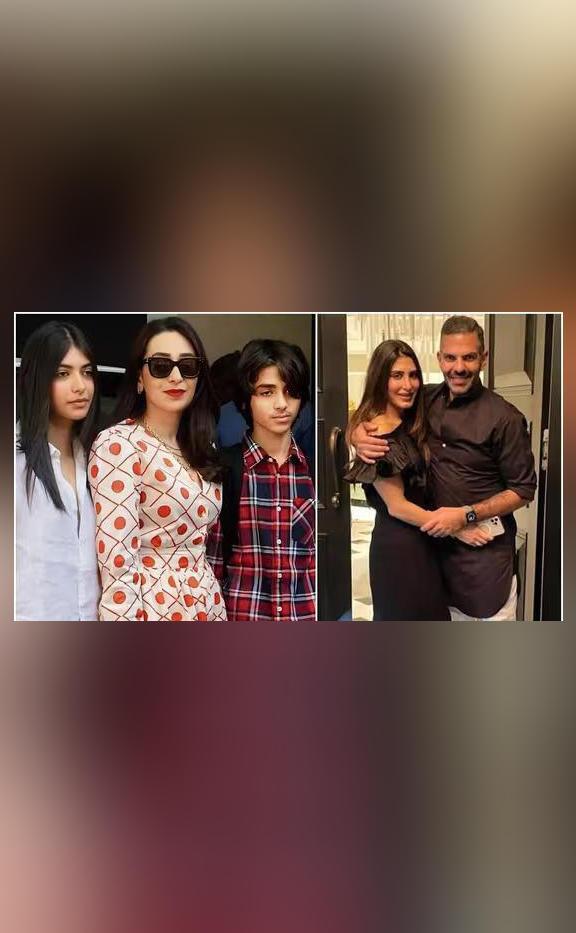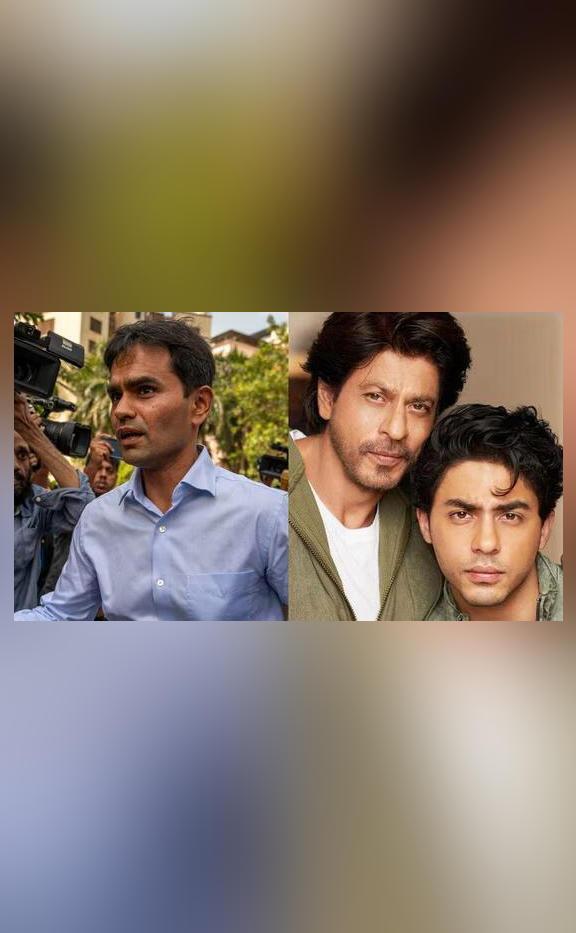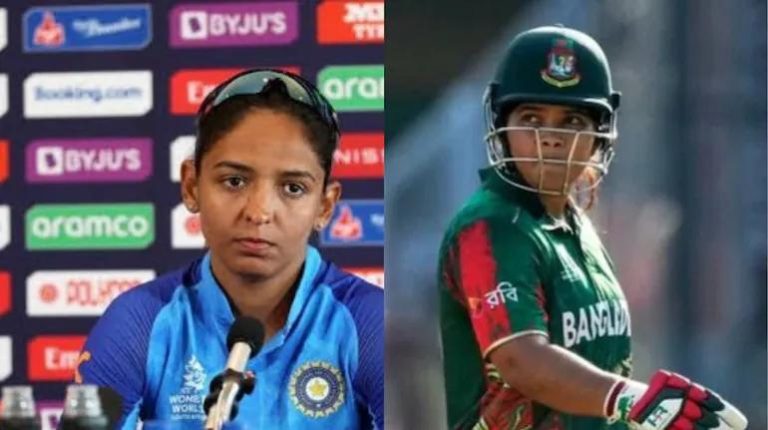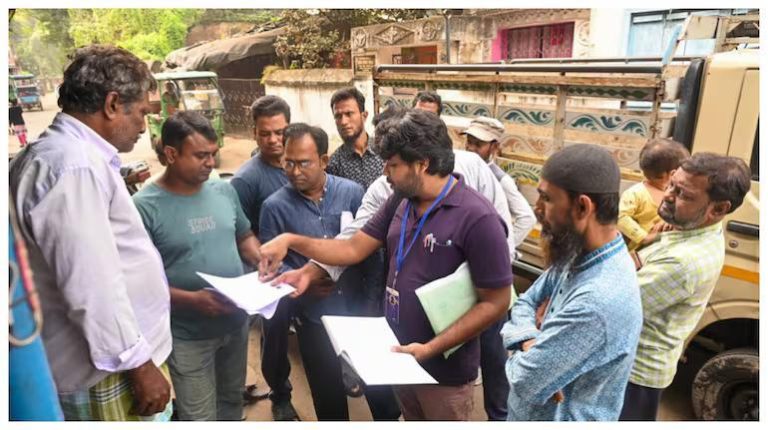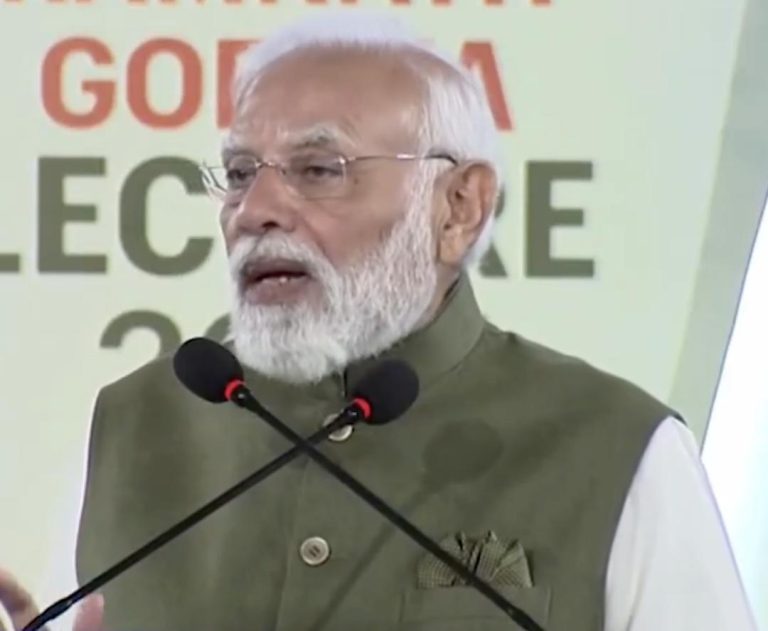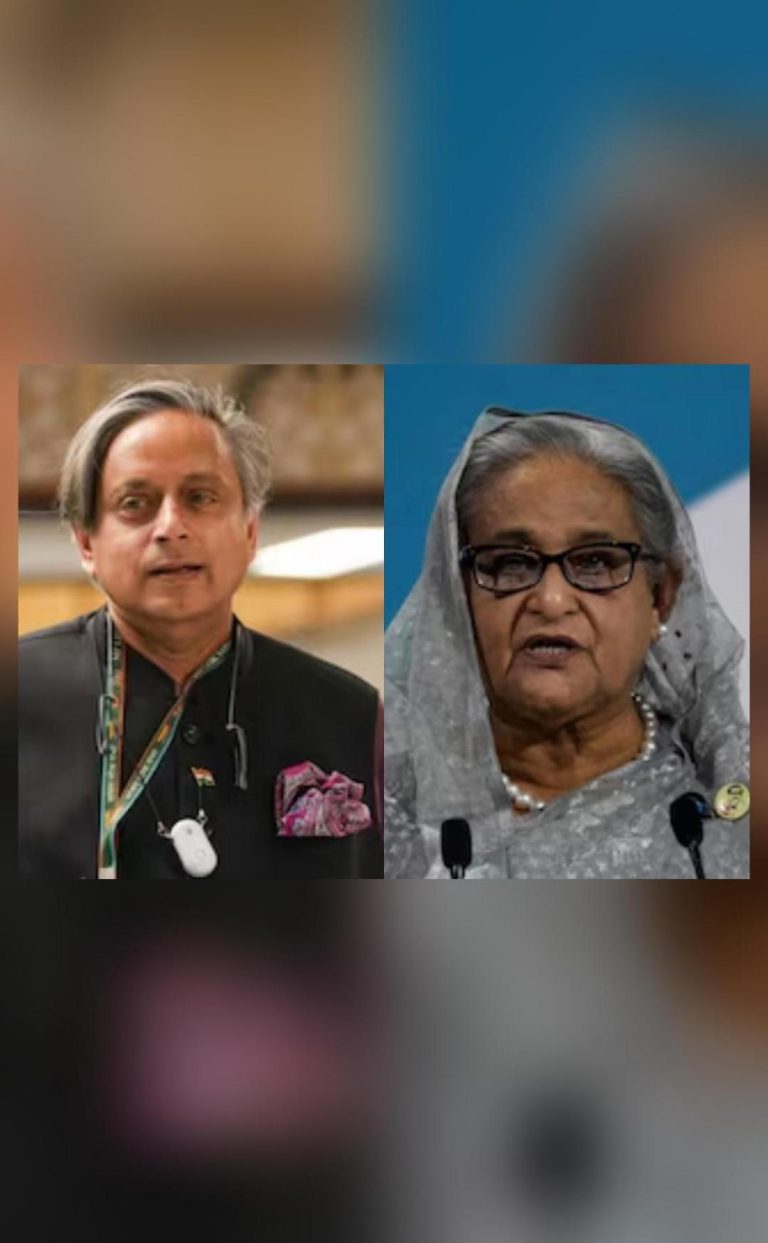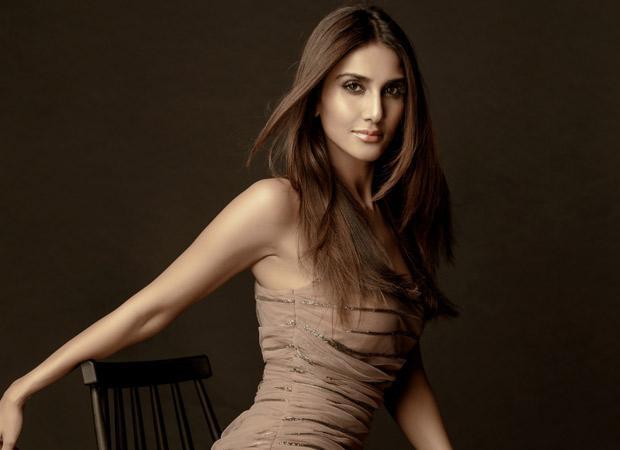
Don’t get volatile behaviour: Vaani on censorship & cancel culture
The debate around censorship and cancel culture has been a hot topic in recent times, with many artists and celebrities weighing in on the issue. The latest to join the conversation is Bollywood actress Vaani Kapoor, who recently spoke about how these trends restrict artists’ freedom to explore new ideas. In an interview with a leading publication, Vaani expressed her concerns about the volatile nature of cancel culture and the need for a more nuanced approach to censorship.
Vaani’s comments come in the wake of the controversy surrounding the release of her latest film, ‘Abir Gulaal’, which was banned in India. While the reasons for the ban were not disclosed, Vaani used the opportunity to speak out against the growing trend of censorship and cancel culture. “This cancel culture, say one thing wrong, there are calls for cancel and boycott. I don’t get that volatile behaviour,” she said.
Vaani’s remarks are a timely intervention in the ongoing debate around freedom of expression and the role of art in society. With the rise of social media, cancel culture has become a powerful force, with individuals and groups using online platforms to call out perceived wrongs and demand accountability. While this trend has been hailed as a necessary corrective to the toxic behaviors of powerful individuals and institutions, it has also been criticized for its often hysterical and unforgiving nature.
Vaani’s concerns about cancel culture are well-founded. In recent years, we have seen many artists and public figures being subjected to vicious online campaigns, with some even facing real-world consequences, such as job loss or physical harm. This volatile behavior, as Vaani calls it, can have a chilling effect on creativity and self-expression, as individuals become increasingly cautious about what they say and do.
But Vaani’s views on censorship are also noteworthy. She is clear that she is not “into censorship” as it sets boundaries for artists and restricts their ability to explore new ideas. This is a crucial point, as censorship often serves to reinforce dominant power structures and silence marginalized voices. By contrast, artistic freedom allows individuals to challenge the status quo and push the boundaries of what is acceptable.
Vaani’s comments are also relevant in the context of the Indian film industry, which has a long history of censorship and self-regulation. The Central Board of Film Certification (CBFC), which is responsible for certifying films for release in India, has been criticized for its arbitrary and subjective approach to censorship. In recent years, the CBFC has been accused of censoring films on spurious grounds, such as “national security” or “public morality”.
Vaani’s views on cancel culture and censorship are a timely reminder of the need for a more nuanced and balanced approach to these issues. Rather than resorting to extreme measures, such as cancellation or censorship, we need to find ways to engage in constructive dialogue and debate. This requires a willingness to listen to different perspectives and engage with opposing views, rather than seeking to silence or punish those who disagree with us.
In conclusion, Vaani Kapoor’s comments on cancel culture and censorship offer a valuable perspective on the challenges facing artists and creatives in today’s society. By speaking out against the volatile behavior of cancel culture and the restrictive nature of censorship, Vaani is helping to create a more nuanced and balanced conversation around these issues. As we navigate the complex and often fraught world of art and culture, it is more important than ever to defend the freedom to create and express ourselves, while also respecting the views and opinions of others.
